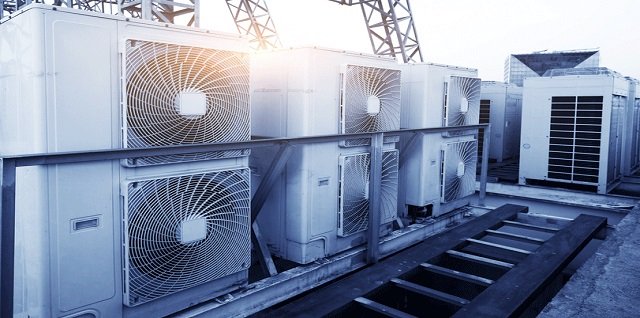Does inverter AC really save electricity? Yes, inverter ACs (air conditioners) can save electricity compared to non-inverter ACs. Here’s a detailed explanation of how inverter ACs work and why they are more energy-efficient:
1. How Inverter ACs Work
- Variable Speed Compressor: Inverter ACs use a variable speed compressor rather than a fixed-speed compressor. This means the compressor can adjust its speed based on the cooling demand.
- Continuous Operation: Instead of turning on and off repeatedly like traditional ACs, inverter ACs adjust the compressor’s speed to maintain the desired temperature, running continuously at varying speeds.
2. Energy Efficiency Mechanism
- Reduced Power Consumption: By continuously adjusting the compressor’s speed, inverter ACs can operate more efficiently. Traditional ACs consume a lot of power when they start up, but inverter ACs avoid this high start-up power surge by maintaining a steady operation.
- Temperature Stability: Inverter ACs provide more precise temperature control. When the room temperature reaches the desired level, the inverter AC reduces the compressor speed, using less power to maintain the temperature.
- Elimination of Frequent On/Off Cycles: The frequent stopping and starting of non-inverter AC compressors require more energy. Inverter ACs eliminate this by running continuously, albeit at lower speeds when necessary.
3. Benefits of Inverter ACs
- Lower Energy Bills: Due to their efficient operation, inverter ACs typically result in lower electricity bills compared to non-inverter ACs.
- Quieter Operation: Inverter ACs tend to be quieter because the compressor doesn’t frequently switch on and off.
- Longer Lifespan: The reduced stress on the compressor from avoiding frequent starts and stops can lead to a longer lifespan for the AC unit.
- Better Comfort: The steady operation ensures a more consistent and comfortable indoor temperature without the fluctuations commonly experienced with non-inverter ACs.
4. Energy Efficiency Ratings and Real-World Savings
- EER and SEER Ratings: Inverter ACs often have higher Energy Efficiency Ratio (EER) and Seasonal Energy Efficiency Ratio (SEER) ratings compared to non-inverter models, indicating better efficiency.
- Cost Savings: Although inverter ACs can be more expensive upfront, the savings on electricity bills can offset the initial cost over time. The exact savings depend on usage patterns, local electricity rates, and the specific models compared.
5. Scenario Comparison
- Initial Cooling Phase: When first turned on, an inverter AC runs at a higher speed to cool the room quickly. Once the desired temperature is reached, it slows down, maintaining the temperature efficiently.
- Constant Temperature Phase: In a non-inverter AC, the compressor shuts off once the desired temperature is reached and restarts when the temperature rises, consuming more energy. In contrast, the inverter AC adjusts its speed to maintain the temperature, using less energy.
6. Factors Affecting Savings
- Usage Pattern: The more consistently you use the AC, the more noticeable the energy savings with an inverter model. For intermittent use, the difference might be less pronounced.
- Temperature Settings: Keeping the temperature setting moderate can enhance the efficiency of an inverter AC.
- Maintenance: Regular maintenance, such as cleaning filters and ensuring proper refrigerant levels, can optimize the efficiency of an inverter AC.
Conclusion
In summary, inverter ACs save electricity primarily through their ability to adjust the compressor speed according to the cooling demand, thereby avoiding the energy-intensive start-up cycles of non-inverter ACs. This leads to lower energy consumption, more consistent temperature control, quieter operation, and potential cost savings on electricity bills. While they may have a higher initial cost, the long-term savings and benefits often make them a worthwhile investment.
Looking to install a commercial HVAC System or Duct work in your Business Area?
Contact Vipul Ac to learn about our HVAC Service
Call +91 9825636606 Today.

